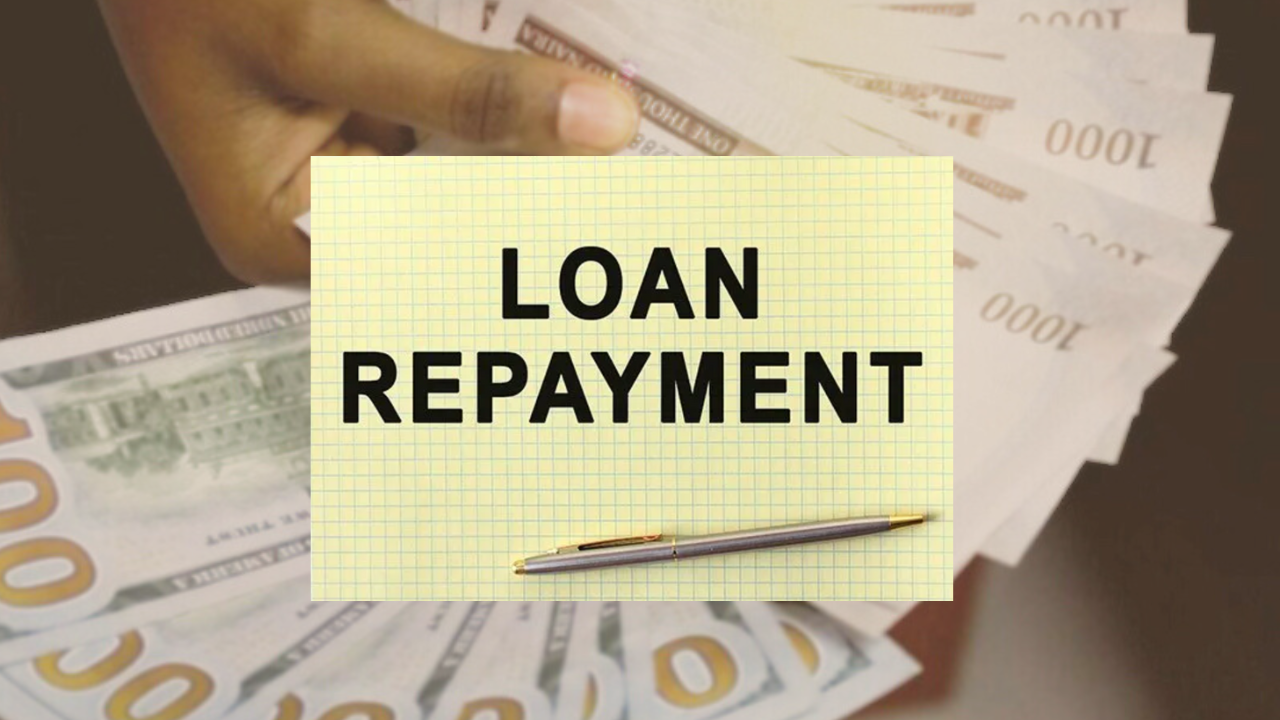BUSINESS

SEVEN STATES SPEND NEARLY TWICE THEIR REVENUE ON DEBT REPAYMENT
In the first quarter of 2025, seven Nigerian states—Bayelsa, Adamawa, Benue, Niger, Kogi, Taraba, and Bauchi—spent an average of 190% of their Internally Generated Revenue (IGR) on servicing debt. This points to deepening fiscal pressure on state governments.
According to the Q1 2025 Budget Implementation Reports, each of these states spent more than their IGR on debt servicing, with some exceeding 300%. Compared to the fourth quarter of 2024, debt servicing costs rose sharply by 51%, jumping from N65.24bn to N98.71bn. Meanwhile, IGR across the states increased only slightly from N44.05bn to N51.92bn—a gain of N7.87bn—indicating that revenue growth is failing to keep up with debt obligations.
Federation Account Allocation Committee (FAAC) disbursements to these states grew from N360.75bn in Q4 2024 to N419.86bn in Q1 2025. Still, states had to rely on a combined N46.80bn from FAAC to bridge the gap between their IGR and debt servicing, accounting for roughly 11.15% of total FAAC inflows.
State-by-State Breakdown:
Benue State saw debt servicing balloon from N1.99bn in Q4 2024 to N21.40bn in Q1 2025. IGR increased modestly from N1.98bn to N5.18bn, but debt servicing still accounted for 413% of IGR and 31.6% of expenditure. The state used N16.22bn from its FAAC allocation of N58.71bn to meet the deficit.
Kogi State generated N9.63bn in IGR but spent N23.88bn on debt repayment—248% of its IGR. The state had total expenses of N110.13bn, of which 21.7% went to debt servicing. The government claims to have cleared N98.8bn in inherited debt within 15 months, including N50bn in salary bailout funds.
Adamawa State earned N4.07bn in IGR and spent N8.42bn on debt, representing 206.9% of IGR. The state required N4.35bn from FAAC to cover the gap, despite a slight drop from N8.71bn in Q4 2024.
Bayelsa State spent N13.55bn on debt servicing—107.9% of its N12.55bn IGR. FAAC inflows of N120.55bn helped fill the gap, but the data underscores continued revenue inadequacy. In Q4 2024, debt servicing was 119.2% of IGR.
Niger State spent N12.43bn on debt against N12.13bn in IGR (102.4%). Though improved from Q4 2024, when IGR was just N5.44bn, the state still needed N296m in FAAC to cover repayments.
Taraba State generated N3.38bn but spent N7.83bn on debt, or 232% of its IGR. The state used N4.45bn from its N52.39bn FAAC inflow to meet obligations. The Q1 2025 numbers mark a deterioration from the previous quarter.
Bauchi State reported N4.97bn in IGR and N11.20bn in debt servicing (225%). The state used N6.23bn from FAAC to bridge the gap. Compared to Q4 2024, when it generated N8.31bn and spent N16.68bn on debt, revenue performance has worsened.
Collectively, the seven states earned N51.91bn in IGR and spent N98.36bn on debt repayment—almost double their revenue. Debt service accounted for between 6% and 32% of total government expenditure in these states, squeezing funds available for development.
This growing reliance on FAAC transfers to manage debt points to mounting financial vulnerability among states.
Despite this, the National Orientation Agency praised the Tinubu administration’s removal of petrol subsidies and currency float policy, claiming these measures increased states’ revenues via higher federal allocations.
Previously, The PUNCH reported that eight states—Abia, Adamawa, Bauchi, Borno, Kebbi, Osun, Benue, and Kano—are projected to repay N424.28bn in debt and borrow N1.21tn between 2025 and 2026. Their medium-term fiscal frameworks forecast debt service obligations of N180.95bn in 2025, rising to N243.33bn in 2026, with borrowing needs of N616.25bn and N593.09bn respectively.
Financial experts have raised alarms. Teslim Shitta-Bey, Chief Economist at Proshare Nigeria, warned that rising debt at both federal and state levels could destabilize public finances. He criticized the over-reliance on borrowing and called for better balance sheet management, the use of long-term debt instruments resembling equity, and the revival of revenue-generating bonds. He also advocated for the creation of a national asset register to help states raise capital.
"This represents a significant development in our ongoing coverage of current events."— Editorial Board









